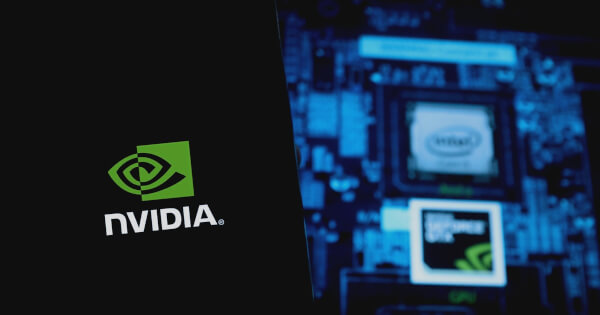NVIDIA Enhances Data Privacy with Homomorphic Encryption for Federated XGBoost

Timothy Morano
Dec 19, 2024 05:09
NVIDIA introduces CUDA-accelerated homomorphic encryption in Federated XGBoost, enhancing data privacy and efficiency in federated learning. This advancement addresses security concerns in both horizontal and vertical collaborations.
NVIDIA has unveiled a significant advancement in data privacy for federated learning by integrating CUDA-accelerated homomorphic encryption into Federated XGBoost. This development aims to address security concerns in both horizontal and vertical federated learning collaborations, according to NVIDIA.
Federated XGBoost and Its Applications
XGBoost, a widely used machine learning algorithm for tabular data modeling, has been extended by NVIDIA to support multisite collaborative training through Federated XGBoost. This plugin enables the model to operate across decentralized data sources in both horizontal and vertical settings. In vertical federated learning, parties hold different features of a dataset, while in horizontal settings, each party holds all features for a subset of the population.
NVIDIA FLARE, an open-source SDK, supports this federated learning framework by managing communication challenges and ensuring seamless operation across various network conditions. Federated XGBoost operates under an assumption of full mutual trust, but NVIDIA acknowledges that in practice, participants may attempt to glean additional information from the data, necessitating enhanced security measures.
Security Enhancements with Homomorphic Encryption
To mitigate potential data leaks, NVIDIA has integrated homomorphic encryption (HE) into Federated XGBoost. This encryption ensures that data remains secure during computation, addressing the ‘honest-but-curious’ threat model where participants may try to infer sensitive information. The integration includes both CPU-based and CUDA-accelerated HE plugins, with the latter offering significant speed advantages over traditional solutions.
In vertical federated learning, the active party encrypts gradients before sharing them with passive parties, ensuring that sensitive label information is protected. In horizontal learning, local histograms are encrypted before aggregation, preventing the server or other clients from accessing raw data.
Efficiency and Performance Gains
NVIDIA’s CUDA-accelerated HE offers up to 30x speed improvements for vertical XGBoost compared to existing third-party solutions. This performance boost is crucial for applications with high data security needs, such as financial fraud detection.
Benchmarks conducted by NVIDIA demonstrate the robustness and efficiency of their solution across various datasets, highlighting substantial performance improvements. These results underscore the potential for GPU-accelerated encryption to transform data privacy standards in federated learning.
Conclusion
The integration of homomorphic encryption into Federated XGBoost marks a significant step forward in secure federated learning. By providing a robust and efficient solution, NVIDIA addresses the dual challenges of data privacy and computational efficiency, paving the way for broader adoption in industries requiring stringent data protection.
Image source: Shutterstock



